When it comes to leveraging artificial intelligence (AI) to solve barriers or pain points in your human resources operations, taking the first step and exploring AI and its uses can be worthwhile. Here, we’ll discuss using AI to solve HR problems and barriers in today’s day and age.
Automation of Routine Tasks
Oftentimes, we think of AI as a tool used to automate strictly repetitive and routine tasks to help alleviate your full-time employee’s workloads for more value-add tasks. You’ve probably interacted with some form of AI in your daily technological life, whether that is through chatbots for customer support or other forms of digital assistants.
AI can be especially useful for automating routine tasks that need to be completed in regular internals whether that’s daily, weekly, or monthly. When we talk about tasks, most of what we’re referring to falls into the categories of collecting and then processing data or assembling reports.
Identification of Variances
From an HR perspective, managers and supervisors can use AI to look for data anomalies, identify patterns, search for and identify possible job candidates based on preselected criteria or filters, and recommend educational courses, certifications, or modules based on employee career paths.
After the AI program or bot has assembled the data, HR personnel can then use the information to take action or make recommendations. An example of this would be AI identifying an employee that had taken an increased number of sick or vacation days, the AI could then flag that individual so that their manager or HR head should know to have a conversation with them.
Updating HR Information
Nonroutine HR tasks can also benefit from leveraging AI. A nonroutine task could be something like changing the beneficiaries on a life insurance policy, making a job posting, changing marital status, or adding dependents. Using a chatbot to ask questions and direct users towards the correct forms or templates can save time and effort. As more questions and entries are put into the system, an AI chatbot will start to improve. Similar to an assistant like Siri and other AI bots, you’re able to be directed towards the forms or fields you will need to populate with the help of a chatbot.
From an employee perspective, the power of AI can be leveraged to help with training and career advancement. It can recommend both internal and external trainings, certifications, educational resources and articles, as well as books depending on the employees’ career level, recent topic search history, or interests. Both HR and employees in all areas of an organization can benefit from the power of AI to look towards the future and an employees’ career journey.
Supporting Employee Mental Health
Beyond career advancement, AI and bots can be used to support mental health as well. In the time since the COVID-19 pandemic began, the world has experienced an unprecedented amount of change and stress. Work and life stressors have had an enormous impact on the global workforce, and the demand for mental health services is at an all-time high. With burnout and workplace stress on the rise, more and more people are turning to telemedicine online therapy and resources. Part of this trend towards online assistance has manifested in the form of technology being used to help with these concerns.
Increasingly, we’re seeing robots and AI being the first step towards addressing workplace mental health. Mental health cannot be ignored, and employees are looking for their organizations to provide adequate mental health resources and support. In a study last year, 76 percent of respondents thought that their company should be doing more to protect the mental health of their workforce. As a result of the COVID-19 pandemic, 51 percent of respondents noted their companies have added mental health services or support as a result of COVID-19.
Now, talking to a robot has become a preferred option for employees experiencing burnout and/or other mental health concerns. It’s worth noting that only 18 percent of people would prefer humans over robots to support their mental health, with respondents believing that a robot or AI system could provide a judgment-free zone (34 percent), an unbiased outlet to share problems (30 percent), and quick answers to health-related questions (29 percent).
Oracle Cloud offers an AI solution for HCM users. In Cloud HCM, the Oracle Digital Assistant (ODA) offers chatbot technology to businesses by leveraging AI to assist with human resources tasks like searching for and providing relevant candidate resumes, managing incoming communications, categorizing internal expenses, and onboarding new employees. With the role HR plays in organizations continuing to expand and grow, AI can play an important role in the future of how organizations manage their workforce.
For more information on the power of AI and how you can leverage AI and chatbots in your Oracle Cloud HCM system, reach out to [email protected] to set up a discussion with our team. In the meantime, check out this recent piece on AI and Oracle Digital Assistant Use Cases here.
Author
-

Ms. Caron serves as Elire's Senior Marketing Specialist, specializing in content writing and digital media communications. Maddie works to deliver relevant industry updates and technical blog posts to educate and engage Elire's audience.
